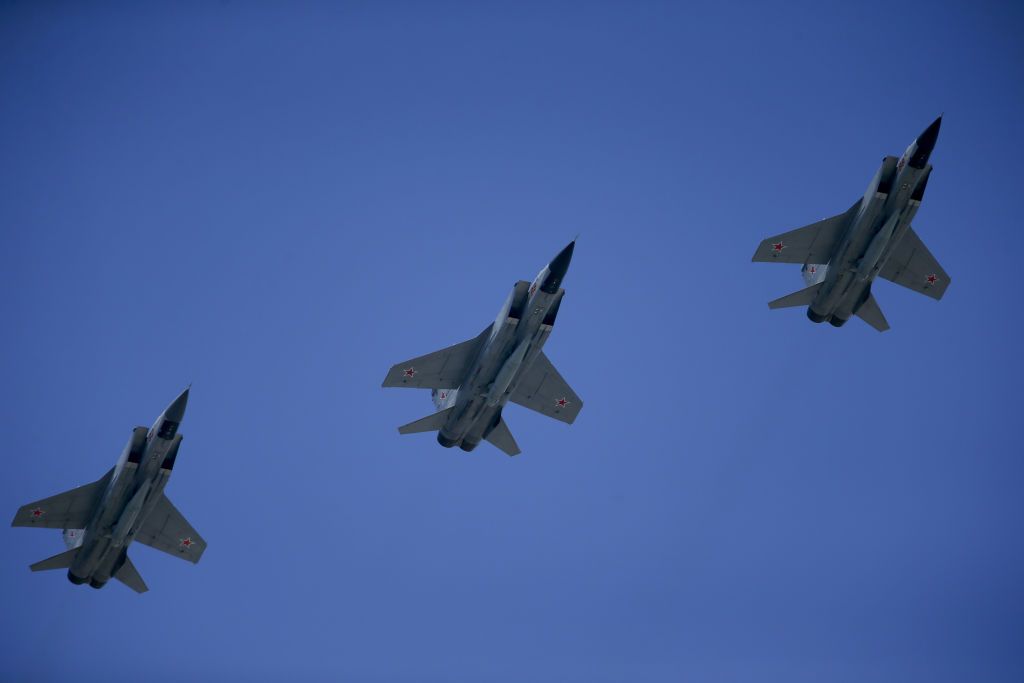Military intelligence: Russia has at least 585 missiles with range over 500 km

Russia's arsenal currently includes at least 585 missiles with a range of over 500 kilometers, not counting older Kh-22 missiles, spokesperson of Ukraine's military intelligence (HUR) Vadym Skibitskyi told RBC-Ukraine on Aug. 28.
Russian forces possess around 270 Iskander ballistic and cruise missiles, 140 Kalibr cruise missiles, roughly 100 cruise missiles of Kh-101, Kh-555, and Kh-55 designs, and around 75 Kh-47M2 Kinzhal air-launched ballistic missiles, according to Skibitskyi.
In addition, Russia likely has around 150 older Kh-22 missiles in stock, which it seeks to modernize and transform into Kh-32 missiles. At the moment, the Russian industry can deliver no more than 10 units of this newer model every month, the spokesperson said.
As RBC-Ukraine noted, Russia decreased the frequency of its missile strikes in the summer months compared to May. According to the HUR's spokesperson, Russian forces are becoming more selective with their targets and use the missiles more sparingly.
This is likely part of Russia's strategy to accumulate its arsenal ahead of the winter season, Skibitskyi said. It is also one of the reasons why Russian forces use the advanced Kh-101 missiles less often, he added.
Another factor is that the Russian defense industry fails to reach its production targets due to a shortage of foreign components, he added.
As a result, while Russia planned to produce six Kinzhals, 42 Iskanders, 20 Kalibrs, and 40 Kh-101s this month, it lags behind its targets in the case of some of these models, namely Kh-101, Skibitskyi said.
In addition to its missile stockpiles, Russia also plans to produce up to 1,300 units of domestic-made versions of Shahed kamikaze drones in the second half of 2023, the military intelligence told RBC-Ukraine.
Ukrainian officials have warned that Moscow is likely to intensify its strikes against Ukraine's energy infrastructure in the following fall and winter as it did in late 2022 and early 2023.
However, the HUR's spokesperson said that while Russian forces will likely increase the frequency of their strikes, these will not reach the scale of the previous fall and winter when Russia at times launched around 70-100 missiles at the same time.
Moscow has likely realized that such attacks do not reach the desired strategic goal and only serve to exhaust its stockpiles, Skibitskyi noted.
Kyiv has appealed to its Western partners to curb Russia's ability to acquire foreign-made components needed to produce its missiles. In June, the Ukrainian news site Liga.net reported that up to 81% of foreign components found in Russian missiles originate in the U.S.











